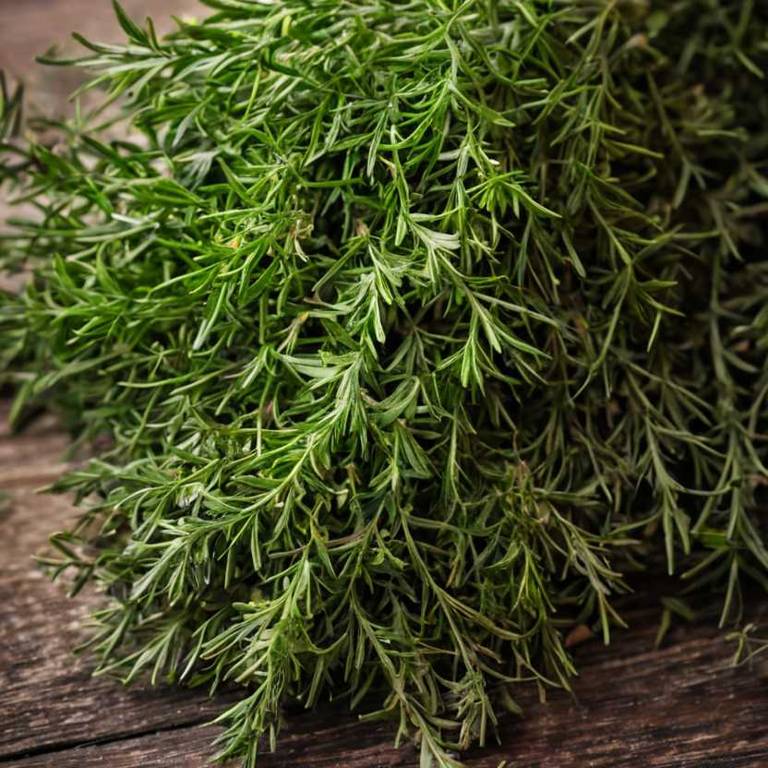Common Juniper (Juniperus communis)
Common Juniper (Juniperus communis) is a member of the Cupressaceae family, native to Northern Hemisphere, Europe, and Asia. Traditionally, its fruits, resin, and bark have been used for decoctions, infusions, and poultices.
This herb is particularly valued for its diuretic, carminative, and antispasmodic actions, and has a long history of use in european herbal medicine, traditional chinese medicine, and native american herbal medicine.

Quick Facts / Key Information
| Common Name | Common Juniper |
|---|---|
| Scientific Name | Juniperus communis |
| Plant Family | Cupressaceae |
| Genus | Juniperus |
| Species | communis |
| Native Range | Northern Hemisphere, Europe, Asia |
| Plant Parts Used | Fruits, Resin, Bark |
| Primary Medicinal Actions | Diuretic, Carminative, Antispasmodic |
| Primary Traditional Systems | European Herbal Medicine, Traditional Chinese Medicine, Native American Herbal Medicine |
| Historical Preparation Methods | Decoction, Infusion, Poultice |
Botanical Identity
- Scientific Name
- Juniperus communis
- Common Name
- Common Juniper
- Synonyms / Alternative Names
- Common Juniper, European Juniper, European Juniper
- Plant Family
- Cupressaceae
- Genus
- Juniperus
Botanical Description
- Growth Habit
- Perennial woody shrub.
- Height
- It typically reaches a height of 1 to 10 meters.
- Leaves
- Broad leaves with white stomatal bands on the lower surface, upper surface glabrous and dark green.
- Flowers
- Small, blue-black berries arranged in clusters, actinomorphic flowers with four sepals and four petals, white stamens and a single pistil with two stigmas.
- Stems
- Woody, branched, with opposite or alternate phyllotaxis, surface covered in persistent scale-like leaves and berries.
Traditional Uses / Historical Use
Traditional Systems
- European Herbal Medicine
- Traditional Chinese Medicine
- Native American Herbal Medicine
- Mediterranean Herbal Traditions
Historical Preparation Methods
- Decoction
- Infusion
- Poultice
- Powder
Medicinal Actions
- Diuretic
- In herbal texts, considered a mild diuretic, for elimination-focused applications.
- Carminative
- As described in traditional systems, a calming carminative, for digestive process support.
- Antispasmodic
- Commonly referenced as a warming antispasmodic, in spasm-related situations.
- Astringent
- Traditionally described as a moderate astringent, in structural-support contexts.
Active Compounds
- Essential Oil
- Volatile plant-derived substances commonly present in leaves and flowers.
- Terpenoid
- A large class of naturally occurring compounds derived from isoprene units.
- Flavonoid
- A chemical class commonly identified in plant tissues, especially flowers and leaves.
- Tannin
- Naturally occurring polyphenols widely distributed in woody and leafy plant parts.
Modern Research Overview
This section is reserved for future summaries of scientific research related to this plant. As additional verified sources are reviewed, relevant study information will be added here.
Safety & Contraindications
- General Precautions
- Caution is advised in certain contexts based on traditional use and available information.
- Contraindications
- Contraindications for this herb are not clearly established in available sources.
- Allergies
- Allergic reactions associated with this herb have not been well documented.
- Drug Interactions
- Interactions between this herb and prescription medications are not clearly established.
- Toxicity
- The use of this herb has been linked to reported toxic effects.
- Pregnancy & Breastfeeding
- Use during pregnancy or breastfeeding has not been clearly established in available sources.
Preparation & Usage Methods
- Infusion
- Water is poured over plant material and allowed to steep before straining.
- Decoction
- Plant parts are gently boiled in water to release soluble constituents.
- Poultice
- A topical preparation made by applying softened plant material externally.
- Tincture
- This method preserves plant compounds using an alcohol-based solution.
- Powder
- Powdered preparations use finely milled plant parts.
Growing, Harvesting & Storage
Growing / Cultivation
- Soil
- Prefers loamy soil with well-drained conditions. Typically grows best in moderate fertility soils.
- Sunlight
- Thrives in full sun. Tolerates full sun to partial shade.
- Watering
- Prefers well-balanced moisture levels. Tolerates periodic dry conditions.
Medical Disclaimer
The information provided on this page is for educational and informational purposes only. It is not intended to diagnose, treat, cure, or prevent any medical condition. Always consult a qualified healthcare professional before using any herb for medicinal purposes.